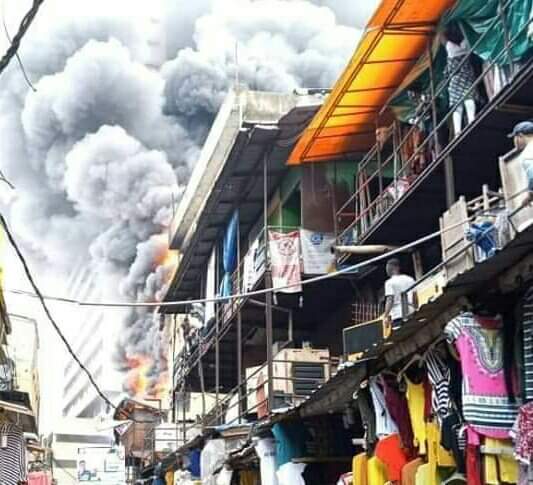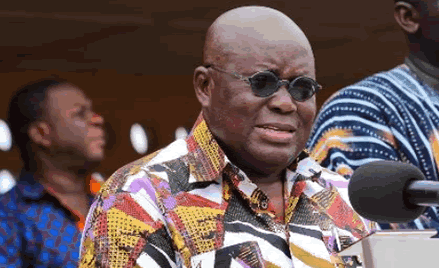Without giving a definite time frame, Statistician General of the Federation, and head of the National Bureau of Statistics (NBS), Dr. Yemi Kale has averred that all things being equal, Nigeria will be out of recession in 2018. Before now, several government officials have been assuring Nigerians that the economy will be out of recession in third quarter of this year, but the position of the Statistician General may have overridden their speculations.
He was however quick to reveal that “Now there is what we call technical recovery as different from the recovery Nigerians would prefer,” explaining further that “We have not come out of it yet. As if the worst has already happened and it’s a slow process of recovery”.
In his submission during an interview with the Economic Confidential in Abuja, he argued that “If all prices do not collapse including Niger Delta crisis, by 2018 we would have recovered”.
“It was an extremely difficult period and we all felt it. I will say that most of the indicators suggest that we are coming out of it.
“When you tell somebody, the economy is coming out of recession; they would say what do you mean. After all, prices are still high. Coming out of recession means positive growth. And your positive growth can be plus zero point one (+0.1). That does not mean everything is fine. It technically means you are no longer in negative again”, said Dr. Kale. He further posited that the fact that you are no longer in negative does not translate to be buoyant; stressing that there is going to be a gradual process of recovery as things are improving.
“At least all the indicators are suggesting things are getting better. People always make this mistake when we say inflation is slowing down. Slowing down of Inflation does not mean prices are coming down. Inflation by definition is always a rise in price. All we are saying is that increase is not as much as before.
Kale added that “Before it went up by 100%, but this time it went up by 50%. Having double digit inflation figure is still huge and a problem. The fact that it went down from 18% to 17% and now to 16% shows improvement”.
“But I can tell you 16% is not good but a huge problem”, he said. According to him, “If the trend continues, by the end of the year things should have normalized and by 2018 Nigerians would now see the benefit of the recovery.
“If all prices do not collapse including Niger Delta crisis, by 2018 we would have recovered fully.” He told the Economic Confidential that that the year 2016 was extremely difficult for the nation.
“I have to speak frankly as I have always done in the past. The economy has been slowing down since 2014. Anybody that has been following the numbers should know that the economy was slowing down. From six it went to five then to four, then to three and went to two before it became negative”.
“The fact that the economy was slowing down did not mean it went from six to zero NO. It was gradual. If you have paying attention to data, you would have known that problem was looming. Since it was an election year, people did not pay that rapped attention. And so 2016 was horrible as we went through a lot of hell. We had an economy in my opinion that is dysfunctional”. He likened the economy to a house built on three foundations, but two of the foundations are shaky and weak.
“You have an oil sector which is one pillar, a non-oil sector dependent on oil, which is the second pillar, and we have a non-oil sector not dependent on oil, like agriculture, which is the third pillar. Two pillars are directly dependent on oil. So when oil decides to collapse, two legs will be gone and remaining one pillar. And that is the problem we had”.
“Rather than diversify the economy, we have an economy solely dependent on oil. The other sectors depend on oil to survive. We have manufacturing, but their production input is dependent on foreign materials. And foreign input depends on foreign reserves, while our foreign reserves depend on oil. And when oil price goes down, and we do not have enough reserves, and manufacturers do not get foreign exchange to get their inputs, they cannot produce and so resort to black market to source for foreign exchange at high price and cost of production goes up. This cost will eventually be passed to consumers. In this scenario, demand goes down while cost goes up, NBS boss said.









